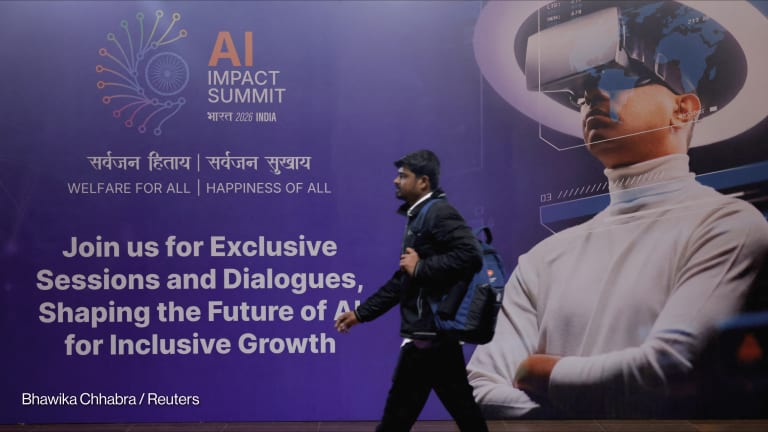The path to energy equity is not without its obstacles, but artificial intelligence offers a powerful tool to bridge the access gap and democratize the benefits of the energy transition — as long as it is used responsibly.
In an era marked by rapid technological advancements and growing concerns over climate change, the issue of energy equity has never been more pressing. Access to reliable, affordable, and clean electricity is not just a matter of convenience; it is a fundamental human right and a key driver of economic development, education, and health care. Yet, for millions of people worldwide, particularly those in marginalized communities, this basic necessity remains out of reach.
The numbers paint a stark picture of the global energy access gap. An estimated 770 million people worldwide lack access to electricity, with sub-Saharan Africa bearing the brunt of this disparity. In this region alone, some 570 million people live without electricity, hindering their ability to participate in the modern economy and improve their quality of life.








